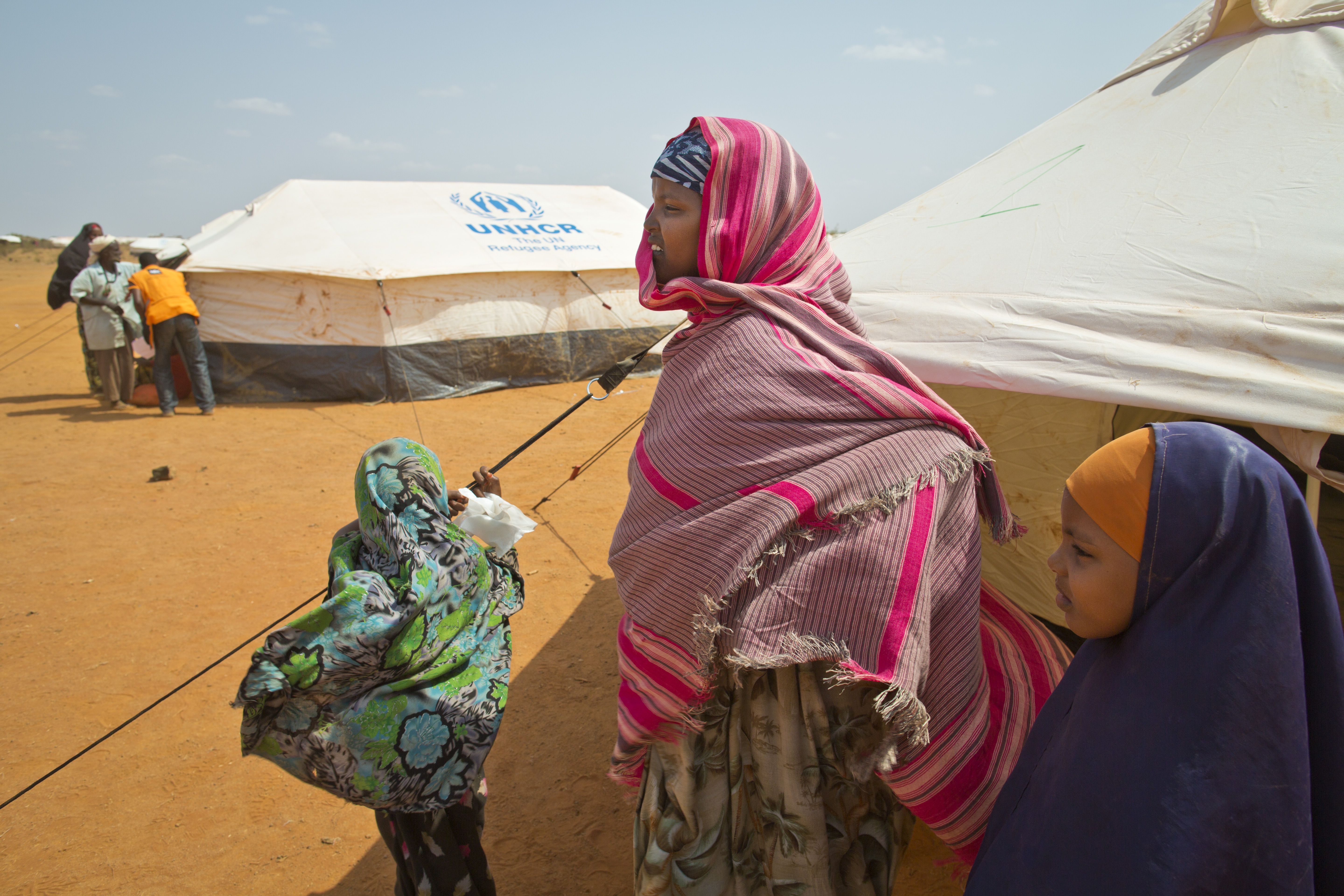China’s Belt and Road Initiative has won it many friends in Africa. Now the US is fighting back with a suite of packages to help the development of the continent and minimise Chinese influence, writes Hagan Sibiri.
Just after meeting with Chinese President Xi Jinping in San Francisco on 15 November 2023, US President Joe Biden emphasised that the US and China are in competition. One region where the two major countries have been in systematic and strategic competition for economic and geopolitical influence is Africa.
Thanks to its aid and investment activities, China has won the hearts and minds of many African leaders. At the core of China’s deepening influence is the impact of its ambitious Belt and Road Initiative (BRI). The BRI is President Xi’s key foreign policy strategy initiative for global infrastructure development, aimed at establishing land and maritime connectivity across Asia, Europe, Africa, and Latin America. As of October 2023, China has entered into over 200 BRI cooperation agreements with more than 150 countries and 30 international organisations.
Ghana is pursuing an ambitious “Ghana Beyond Aid” policy, which aims to wean the country off foreign aid and focus on attracting investment. Infrastructure development is a critical component of this strategy and so China’s BRI has become a vital component of realising the policy goals. In 2018, Ghana signed a Memorandum of Understanding with China to be part of the BRI. However, recent developments, including debt burden and local opposition, have tempered the government’s enthusiasm. The US is keen to make the most of the hesitation.
Ghana and the BRI
Ghana’s participation in the BRI can be divided into two main components: infrastructural development and debt sustainability.
A major aspect of Ghana’s BRI deal is a programme of resources-for-infrastructure. Per the terms of the agreement, Ghana will exchange refined bauxite for the construction of road projects in Ghana. As the world’s leading aluminium producer, China relies on imported bauxite, the critical raw material for alumina production, to meet its domestic industry demands.
The first phase of the project, worth about £397 million, focusing on road construction, began in the first quarter of 2019. However, only some of the commitments under the first phase have been completed, with many of the proposed projects either abandoned or still in the early stages of construction.
Beyond infrastructure development, the BRI encompass a critical aspect: financial and economic integration among its member countries. China is pivotal in addressing Ghana’s debt-sustainability challenges. Ghana restructured its external debt to meet the International Monetary Fund’s (IMF) conditions for a £2.4 billion financial bailout and has sought assistance to restructure its debt to China.
China owns £1.51 billion of Ghana’s debt (as of 2022) and is Ghana’s largest bilateral creditor. These debts include at least eight loans acquired using resources as collateral. These include bauxite, cocoa, and oil.
The latest US charm offensive
In the face of China’s deepening involvement in Ghana, the US has committed to strengthening its partnership with the West African country. It has upped its diplomatic charm offensive in Ghana, including a recent visit by the US Vice President, Kamala Harris. The visit occurred after a visit to Ghana by the US House of Representatives speaker, Nancy Pelosi, and other house representatives, becoming the first US House speaker to address the Ghanaian Parliament. While in Ghana, the Vice President explicitly denied that her presence in Africa was solely due to concerns about China. However, the underlying issue of China’s deep influence in Africa loomed over Harris’ African tour. The vice president was frequently asked about it by the press and landed at several Chinese build airports and travelled on newly paved roads.
To counter China’s BRI, the US introduced the Build Back Better World (B3W) initiative in 2021, in collaboration with the other G7 member countries. This initiative aims to address the infrastructure gaps in low- and middle-income countries, including Ghana. The US has embarked on several diplomatic initiatives and committed to aid packages, signalling an enhanced commitment to reestablish deeper cooperation with Ghana and Africa at large. This underscores the US strategic priority to mend its relationships in Africa, which were strained during the previous Trump administration.
The US’s Millennium Challenge Corporation is currently implementing a £251 million critical infrastructure project to help transform the Ghanaian power sector. During her visit, Kamala Harris further announced several aid packages for Ghana, including £110.31 million in bilateral assistance for economic and cultural development in 2024, as well as a £79.36 million investment in Ghana and four other West African countries to help deal with violence and instability from armed groups.
In addition, Harris announced a £793.6 million initiative to improve women’s economic empowerment in Africa, including £317.4 million from the private sector to bridge the gender digital divide. Harris further indicated how the US would support women and youth entrepreneurs from multiple African countries by establishing a Small Business Development Centre at the African Continental Free Trade Agreement Secretariat in Ghana. In addition, the US-funded West Africa Trade and Investment Hub, based in Ghana, would offer technical assistance to small business owners looking to expand their operations and reach new customers in the US and the West African sub-region.
The US is also considering the reauthorisation of its African Trade Pact, the African Growth and Opportunity Act (AGOA), until 2041 to boost investment by US businesses in Africa. Under AGOA, Ghana and several African countries already enjoy duty-free access to the US market for over 1,800 products. American investment in Ghana is increasing as well. In 2022, for instance, Ghana received around 79 new investments from US companies, amounting to approximately £634.9 million.
On the issue of debt restructuring, the US announced two major initiatives to help Ghana’s current debt restructuring process. The first is the commitment to dispatch a full-time resident technical advisor to Ghana from the US Department of the Treasury’s Office of Technical Assistance to assist the Ghanaian Ministry of Finance in developing and executing reforms to improve debt sustainability and support a competitive government debt market. In addition to deploying the technical advisor, the US pledged further support by allocating funding for ten specialists financed by USAID. These specialists will be embedded within the Ghanaian Ministry of Finance, providing surge support over two years.
The future
The strategic implementation of the B3W initiative, combined with other diplomatic measures, underscores the US’s direct and indirect multifaceted approach to counterbalance China’s growing influence in Ghana.
However, while the US aims to contain China’s expanding influence, none of its current actions in Africa significantly challenge Chinese activities. Despite the US promises of increasing economic and development support, its investments remain less than what China offers. However, much like African countries embracing China’s BRI, the B3B is likely to be welcomed by many African nations, including Ghana. The US may have to accept that for Ghana, it’s the US and China, not either or.
Photo credit: PICRYL used with permission PDM 1.0 DEED





